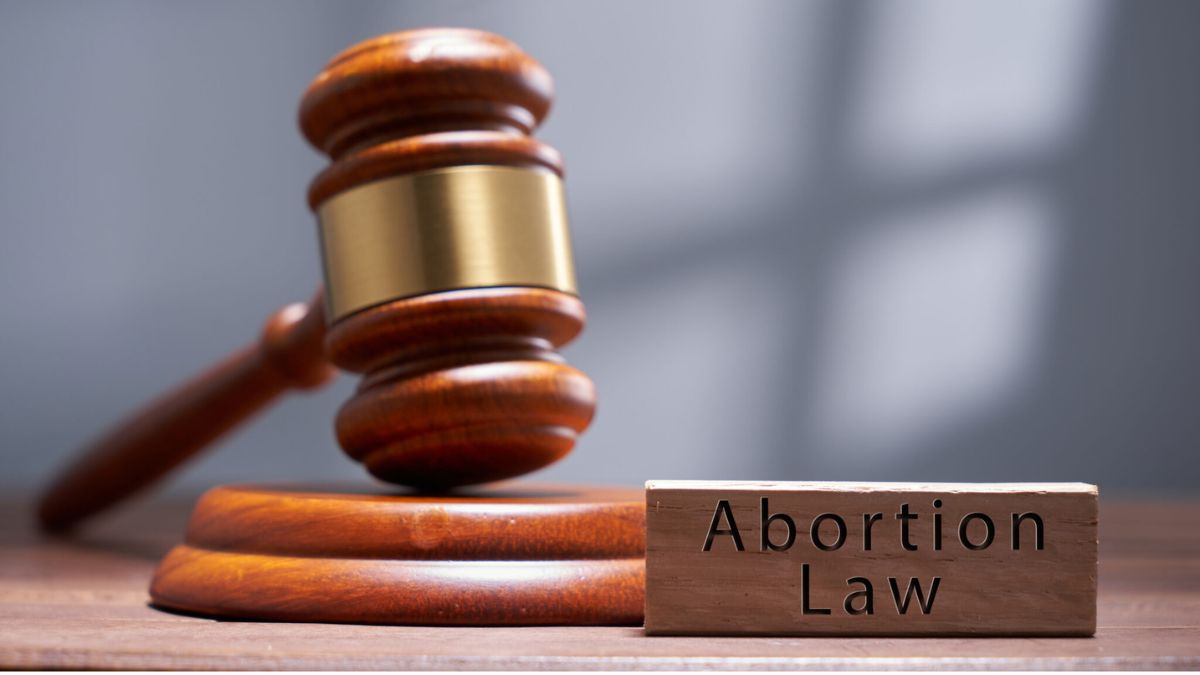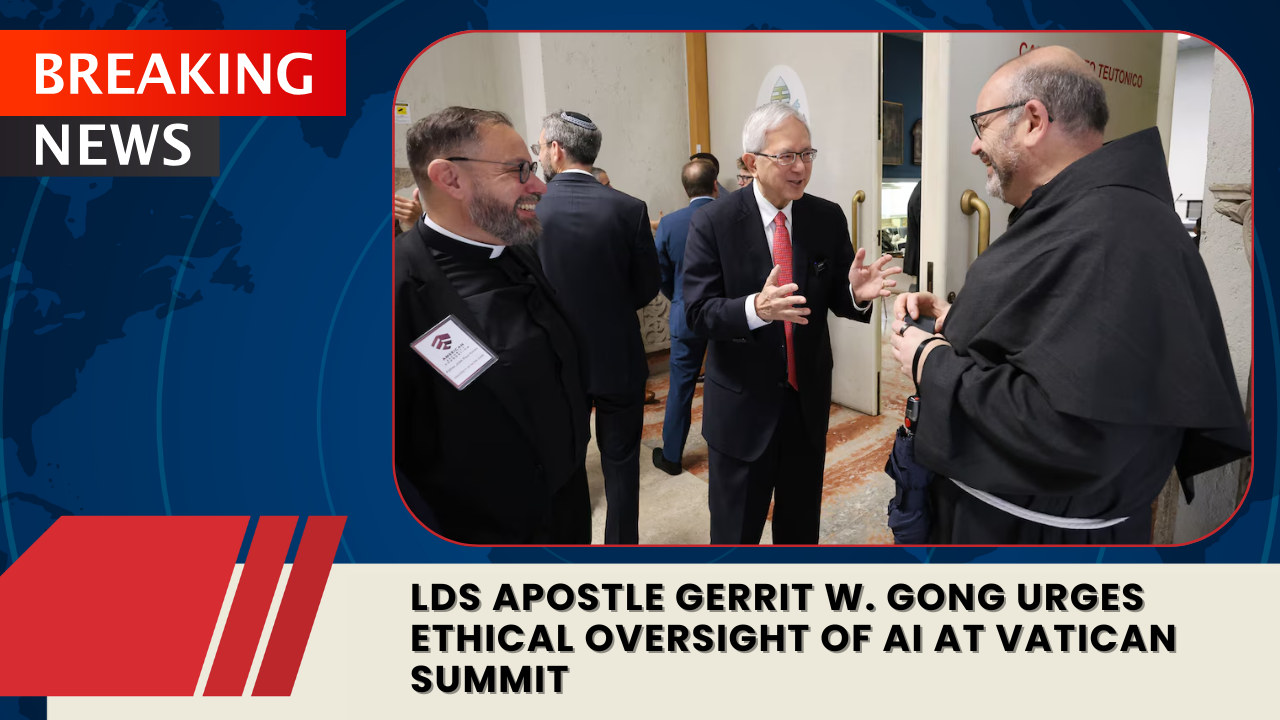A long-running legal battle over Idaho’s abortion restrictions reached a decisive end this week. A federal judge has formally shut down the Satanic Temple’s lawsuit challenging Idaho’s pro-life laws, ruling that the organization had no legal basis to bring the case forward.
The decision effectively ends the Temple’s attempt to overturn the state’s abortion measures, which were enacted after the fall of Roe v. Wade.
Judge Rules Against the Satanic Temple
Lawsuit Dismissed With Prejudice
On Monday, Chief U.S. District Judge David Nye issued a final ruling that permanently dismisses the Satanic Temple’s lawsuit with prejudice, meaning the case cannot be revived or amended.
Nye agreed with previous court decisions that the group lacked standing to sue and that its claims “lack merit and could not be saved by any amendment.”
Attorney General Praises the Decision
Following the ruling, Idaho Attorney General Raúl Labrador released a statement defending the state’s pro-life laws, saying they safeguard “both mothers and unborn children.”
Labrador added that the Temple’s effort to “manufacture constitutional violations” had been rejected repeatedly, emphasizing that Idaho will continue defending its voter-approved abortion policies.
Background: Why the Satanic Temple Filed the Lawsuit
The Temple’s Position
The Satanic Temple, which describes itself as an organization that “venerates, but does not worship,” the symbolic Satan in Paradise Lost, argues that abortion access is tied to bodily autonomy and religious liberty. The group first sued Idaho in 2022, shortly after the state enacted strict abortion bans.
The Trigger Law and Civil Enforcement Measure
Idaho lawmakers implemented:
- A trigger law that took effect immediately when the U.S. Supreme Court overturned Roe v. Wade
- An additional statute allowing civil lawsuits against abortion providers, enabling family members of the fetus to pursue damages
Claims Raised by the Satanic Temple
The Temple argued the laws violated:
- Property rights
- The Equal Protection Clause
- Religious freedom
- Protections against involuntary servitude
However, the courts consistently rejected these claims due to insufficient evidence of direct harm to Temple members.
How the Case Unfolded in Federal Courts
Initial Dismissal & Appeal
A federal district court dismissed the lawsuit for lack of standing, stating the Temple failed to show that its members were personally harmed. The Temple appealed to the Ninth Circuit Court of Appeals, which upheld the dismissal but asked the lower court to determine whether the complaint could be improved through amendments.
Final Decision: No Amendments Could Save the Case
Judge Nye reviewed the case again and concluded that no version of the complaint could establish standing, leading to the permanent dismissal. He held that the Temple simply had no legal footing to challenge Idaho’s abortion restrictions.
The Satanic Temple Plans Next Steps
Temple Criticizes the Ruling
Temple spokesperson Lucien Greaves criticized the decision, arguing the judge avoided addressing the “legal merits” and instead relied on procedural grounds. Greaves suggested the ruling was “a cowardly punt” designed to sidestep a deeper constitutional debate.
Possible Future Case
According to Greaves, the Temple plans to refile the challenge once it has a pregnant plaintiff, which it believes will eliminate the standing issue and force courts to evaluate the constitutional questions directly.
The federal court’s decision to dismiss the Satanic Temple’s challenge to Idaho’s abortion laws marks a significant moment in the ongoing legal battles over reproductive rights. Although Idaho’s strict abortion laws remain intact, the Temple insists that its fight is not over.
If the organization secures a plaintiff directly affected by the law, a new lawsuit could reopen the debate. For now, however, the ruling reinforces Idaho’s stance on pro-life legislation and nderscores the challenges advocacy groups face in contesting such laws without direct, demonstrable harm.



